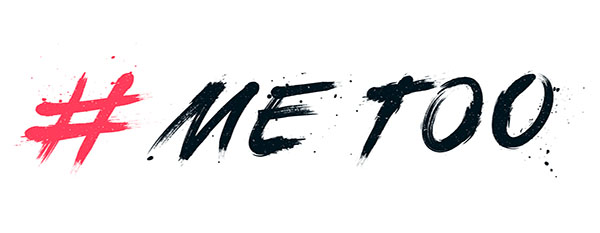It has been five years since the New York Times broke the story of Harvey Weinstein’s sexual misconduct and the subsequent viral tweet that sparked the #MeToo movement. The five years since have seen a dramatic change not just in Hollywood but in the workplace at large. Most noticeably, this change has manifested in a significant increase in reports of sexual harassment and other misconduct in the workplace and a significant decrease in tolerance for such misconduct, with companies instituting new, beefed-up trainings on harassment in the workplace and making commitments to investigate and take seriously allegations of harassment or other similar misconduct in the workplace. We at ILG have certainly seen a staggering number of cases stemming from the #MeToo movement in the last five years.
Yet in a recent article, the New York Times reported that Hollywood media companies appear to be putting the #MeToo movement—and the accompanying low tolerance for misconduct and those accused of misconduct—in the rearview mirror. While it’s unlikely that things are going back to the “way they were” before the #MeToo movement, this article and others like it demonstrate that there may be workplace fatigue from navigating and confronting the avalanche of harassment and other misconduct allegations that arose as result of the #MeToo movement.
But just because attention to the movement may be dying down and certain industries may wish to return to a pre-#MeToo culture, that doesn’t mean the underlying misconduct—or, at very least, allegations of such misconduct—isn’t still happening. Indeed, The Shift Work Shop, an HR consultancy firm, recently found that 53% of nearly 1,700 respondents dealt with sexual harassment in the previous 12 months. Statistics from the Equal Employment Opportunity Commission similarly suggest that instances and severity of workplace sexual harassment have not dramatically changed in the last five years despite the increased attention and efforts by employers and legislatures across the country on how to decrease workplace harassment.
We here at ILG can confirm allegations under the umbrella of #MeToo-related misconduct are alive and well. We are consistently getting and investigating cases involving allegations of sexual harassment in the workplace, employees in power abusing those with less power, sex assault, and more. While the existence of allegations alone does not mean the actual conduct is happening, the consistency of the allegations and our investigations caseload clearly demonstrate that the #MeToo movement is not dead and that employees are still more likely than ever before to raise concerns about this type of treatment in the workplace. Because of that, employers should not let the fact that five years has elapsed since the #MeToo movement began or any possible fatigue from that movement distract them from taking #MeToo-related allegations seriously by investigating them—either internally or by hiring external investigators like ILG—thoroughly and promptly.

